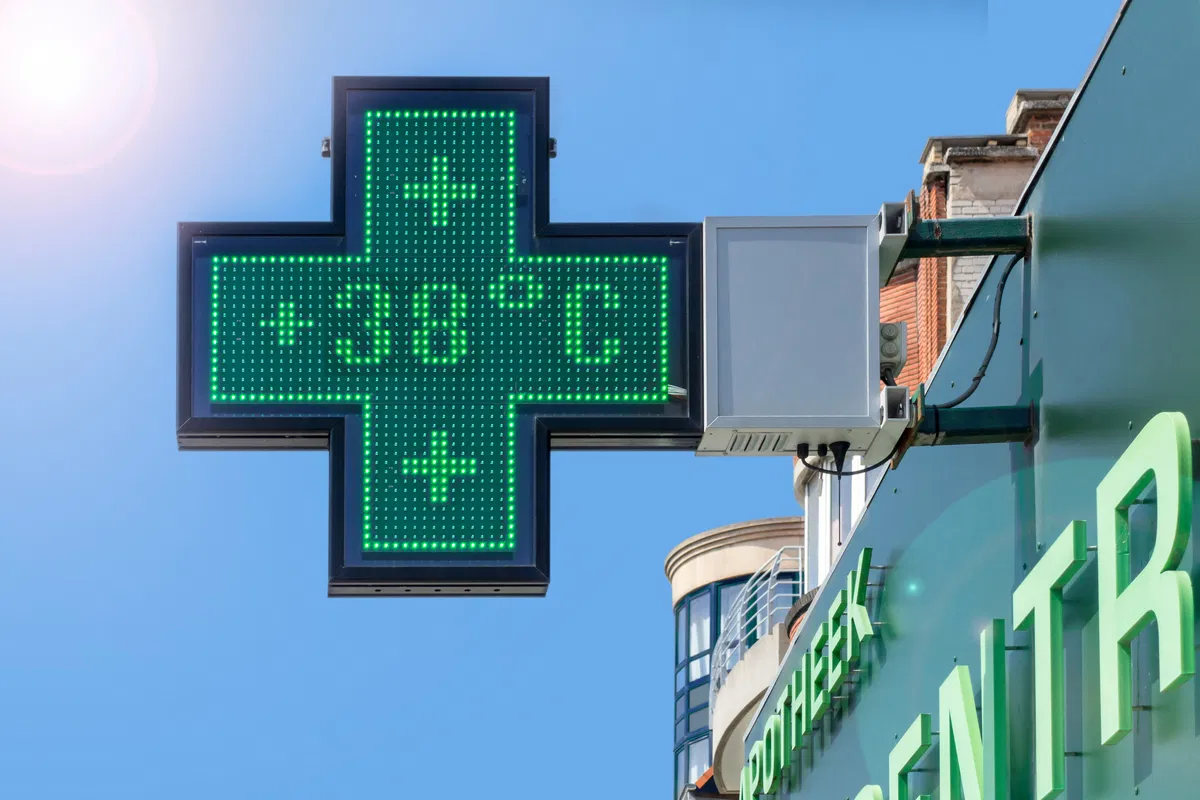By Adam Woodward
Europe is grappling with its first major heatwave of the summer and extreme temperatures have already claimed lives across the continent.
Urgent warnings from health authorities to protect the vulnerable are being issued as the scorching heat, which has seen temperatures go beyond 40°C in parts of Southern Europe, have led to a sudden spike in heat-related sickness, including fatal cases of heatstroke.
In Spain, the heatwave has been particularly dangerous, with a reported seven deaths linked to extreme heat in recent days. France has also been hit hard, with two heat-related deaths recorded and over 300 people requiring emergency care. In Italy, two men over the age of 60 succumbed to heatstroke, and two construction workers in Vicenza were hospitalised, one left in a coma, after falling ill due to the temperatures.
Holidaymakers particularly vulnerable to heatstroke and should be mindful of symtpoms
The Spanish Ministry of Health warns that the first big heatwave of the season is often the most dangerous as many people are yet to acclimatise to the high temperatures, and without proper protective habits, the hot weather can be particularly aggressive. The Spanish Society of Family and Community Medicine (semFYC) say that symptoms of heatstroke, such as headaches, dizziness, dehydration, and exhaustion, are often mistaken for minor ailments, which can delay taking necessary action. Many who visit from the UK and the north of Europe fail to see the symptoms coming. Accustomed to a cooler, more humid climate, on the second or third day of their visit to Spain (at any time of year) they begin to suffer headaches, a symptom of dehydration. Unfamiliar with the need to drink water as frequently as the Spanish, a run to the local Pharmacy for paracetamol is all too common.
Recognise the symptoms of heatstroke
According to the Red Cross, all too common symptoms of heatstroke are often headaches, fatigue, confusion, nausea, dizziness, muscle cramps, intense thirst, dry mouth, a fever, excessive sweating, dry skin, convulsions, and even severe neurological symptoms like delirium.
Doctors insist on immediate action if these symptoms appear: move to a shaded, airy area, cool the body with wet cloths or lukewarm water, and sip water frequently. For severe cases, such as loss of consciousness, medical help must be sought immediately.
Protect yourself from danger of heatstroke
Preventive measures are crucial. Staying hydrated, avoiding sun exposure, especially between noon and 6pm, wearing light clothing, and taking breaks in cool places can reduce the risk. Certain medications, such as antidepressants or blood pressure tablets, may increase susceptibility to heat and require extra caution. Beer and other alcoholic drinks might sate your thirst, but they will do little to hydrate the body, and may even compound dehydration.
The Red Cross provides clear guidelines for responding to heatstroke: move the affected person to a cool, shaded area, loosen or remove clothing, apply cold compresses, and offer small sips of water if they are conscious. Importantly, fever-reducing medications like paracetamol should be avoided, as they can worsen the condition.
As Europe braces for more intense and frequent heatwaves and medical experts are calling for stronger adaptation measures to protect vulnerable groups, including the elderly, children, pregnant women, outdoor workers, and those with chronic illnesses. The recent deaths serve as a stark reminder of the urgent need for public awareness and preparedness to mitigate the deadly impact of extreme heat.
